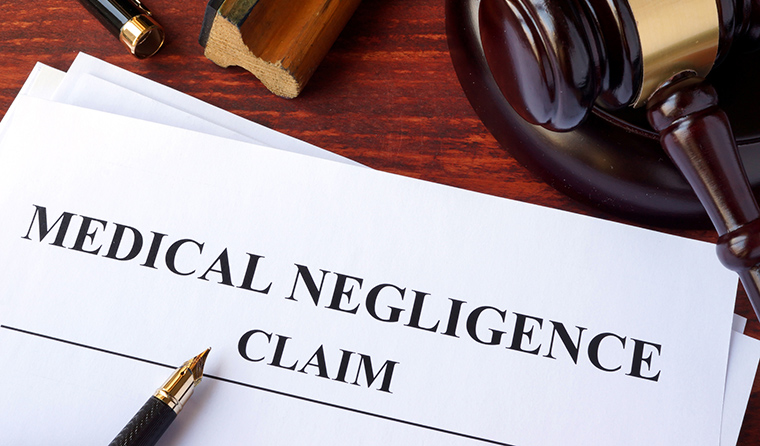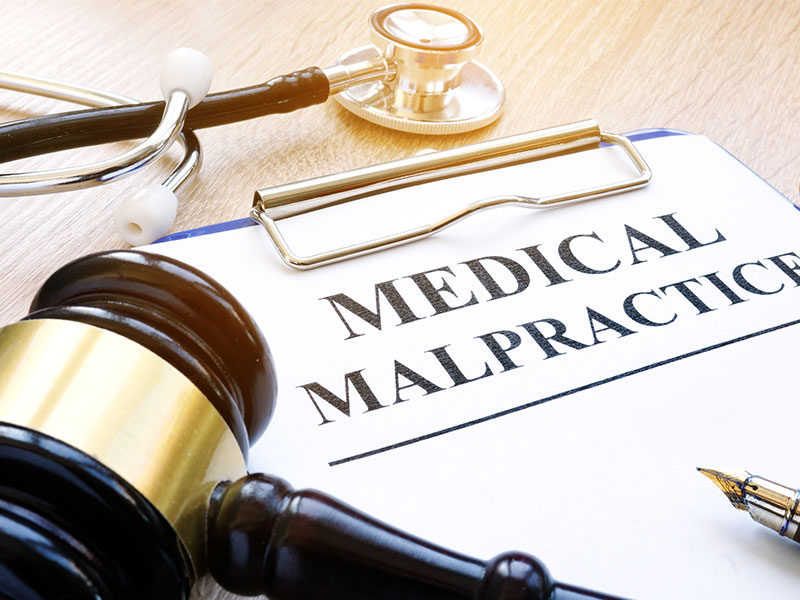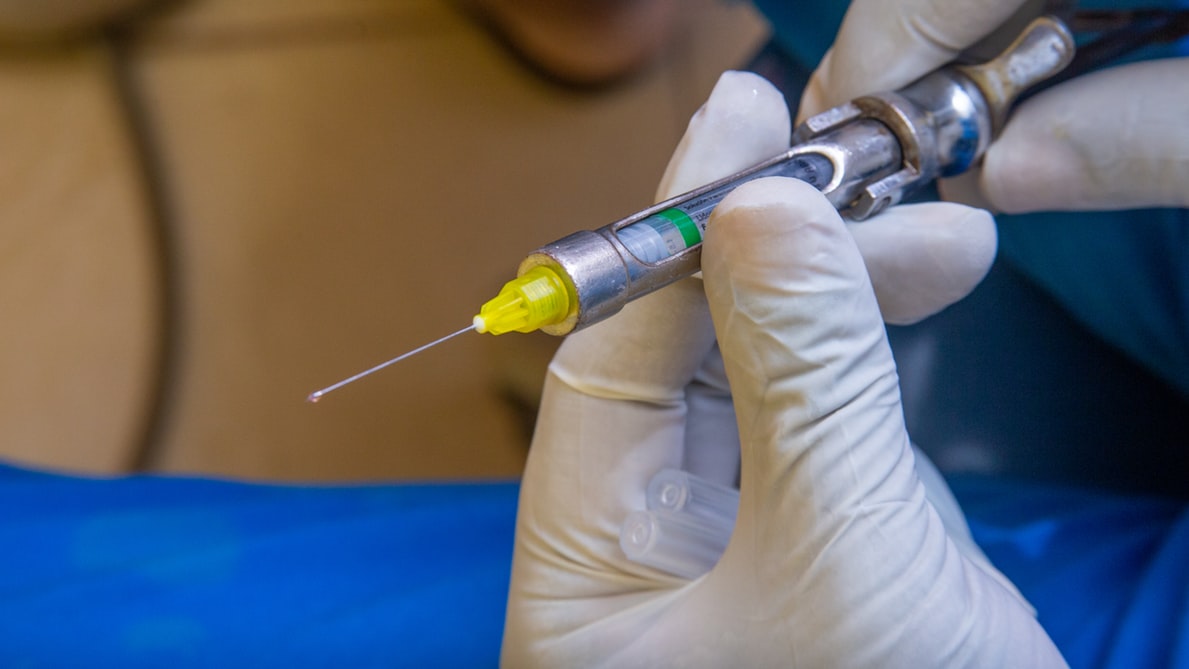
5 REASONS YOU MIGHT NEED A MEDICAL LICENSE DEFENSE LAWYER
Medical license defense is the legal practice of defending a physician at 6 stages in disciplinary actions: Physician complaint or crime Investigation and interview
Read More
ESSENTIAL EVIDENCE IN A CASE OF MEDICAL MALPRACTICE
Medical malpractice occurs when a patient is harmed by a doctor, nurse, or another medical professional. To be considered malpractice, this harm must be the
Read More
VACCINE INJURY COMPENSATION PROGRAMS
No medical intervention is completely risk-free. Vaccines, though they are designed to protect from disease, can cause side effects that range from mild to serious.
Read More
Requirements For A Medical Malpractice Claim
Medical malpractice occurs when the malpractice or negligence of a health care practitioner results in the injury of a patient. Typically speaking, medical outcomes are not assured – for example, some operations can lead to risky complications and some are known to be risky – so, unsuccessful or accidental results do not mean that negligence has occurred. In a medical malpractice case, a complainant needs to prove damages or injury caused by the deviation of the doctor from the applicable standard of care. For instance, a physician who has left behind a scalpel inside a patient can be sued for medical malpractice.
Read More
Difference Between Medical Malpractice And Medical Negligence
There is clearly a distinction between medical malpractice and medical negligence, but it has far-reaching consequences. In short, medical negligence is a failure to comply with the applicable patient care norm. Nonetheless, this failure does not reach the level of medical malpractice unless you experience any harm.
Read More
How Long Do I Have To File For A Medical Malpractice Lawsuit?
How Long Do I Have To File For A Medical Malpractice Lawsuit? Often, victims of medical malpractice delay filing a case, only to find that the time period has elapsed for lodging a lawsuit. Most patients do so because they do not know the time limit for filing a lawsuit for medical negligence. When you do not know whether you can seek reimbursement for a medical negligence act or whether the time period has already passed, we ask you to check with professional medical malpractice attorneys in order to learn time limits and any information relating to the medical malpractice lawsuit.
Read More
Top Causes of Medical Malpractice
Medical malpractice occurs when the act of a health care practitioner leads to the injury of a patient either through omission or negligence. This omission
Read More
What Happens After The Suspension of Medical License?
Physicians can only practice medicine if they possess a license. The medical practitioner must follow certain requirements and criteria for a license. His medical license
Read More
The Vaccine Injury Compensation Program
Vaccination has clear public health advantages. WHO reported that in 2008 vaccinations helped prevent more than 2.5 million fatalities. Vaccination through immunization campaigns has contributed
Read More